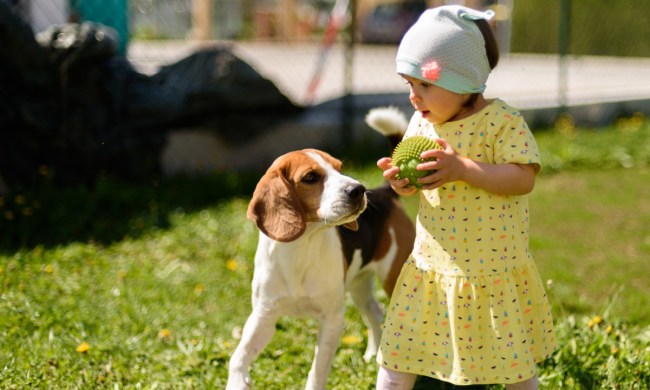
Do you know how much it costs to own a dog or cat in a year? If you guessed a few hundred dollars, you’re a little behind the times. The cost of pet ownership has continued to go up in part because of an ongoing pet food shortage that could be impacting your fur baby without you realizing it.
A recent MetLife survey got in touch with pet parents and gives us the details of how much our animals really drain from our bank accounts and also how you might be able to reduce some of this spend; not to mention stress.
How much does a dog cost?
We’re gonna start with America’s favorite pet, Fido. One of the surprising costs for pup ownership is the upfront fee, especially if you’re getting them from a breeder, where you can expect to spend $1,000 or more. However, even adopting a pet will seriously set you back. The Animal Humane Society quotes an average of $767 to bring your new pooch home.
How much does a cat cost?
There are some very expensive, top-of-the-line cats out there and you certainly could decide to shell out $100,000 for an Ashera. However, a shelter kitty will only come in the $200 range and even a breeder will charge about a thousand for a standard feline.
What do vet charges look like?
After you bring your new beastie home, you need to take a trip to the vet. Here, dogs and cats settle out a bit and you will spend similar amounts for both initial and recurring costs. This varies considerably by region, but you could find yourself forking over another grand if your new furry friend needs to be spayed or neutered. Luckily, important vaccines tend to have a lower price tag and are always worth it.
The initial visit is only half the battle, though. Now you have to maintain yearly checkups, vaccinations, and any sickness that pops up. Budget an average of $300 a year for cats and more like $400 for dogs.
What about food and supplies?
Yes, we can’t forget that our furry friends like to eat. A lot. There’s a pretty wide spectrum when it comes to food because you may find your animal does best on high-end prescription chow, which will put a dent in your wallet. However, on average, you’re looking at about $300 a year for dogs and $225 for cats. Doable but a sizable chunk.
Lastly, you should factor in the extras, such as squeaky toys, poop bags, and scratching posts. Litter alone might wind up being $150 a year, while dog owners fare a bit better at $37 for playthings yearly.
How much does a dog or cat cost per year?
All told, dogs wind up being the most expensive at $1,400 per year. So if you buy a Labrador retriever in their first few months of age, pay to have them spayed or neutered, and they live 13 years (about average for this breed), they’ll cost you just over $20,000 in their life. Cats will save you some cheddar in theory at a total of $1,200 per year, but they do tend to live longer. A happy mouser that makes it to 18, considered the high end of average for a cat, will certainly surpass the $20,000 mark.
If you found your jaw dropping while reading this, you’re not alone, and we didn’t even throw in surprise costs like an emergency vet visit. There are a few things you can look into, including pet insurance, which could really save you if you’re met with one of those expenses. Additionally, find out if you can share the costs with others in your neighborhood when it comes to dog walkers and pet sitters (better yet, do a swap if your puppies get along and take vacations at different times). While it might look like a lot on paper, we know our best friends are worth every cent.




